Minimal transmission of live flu vaccine for piglets
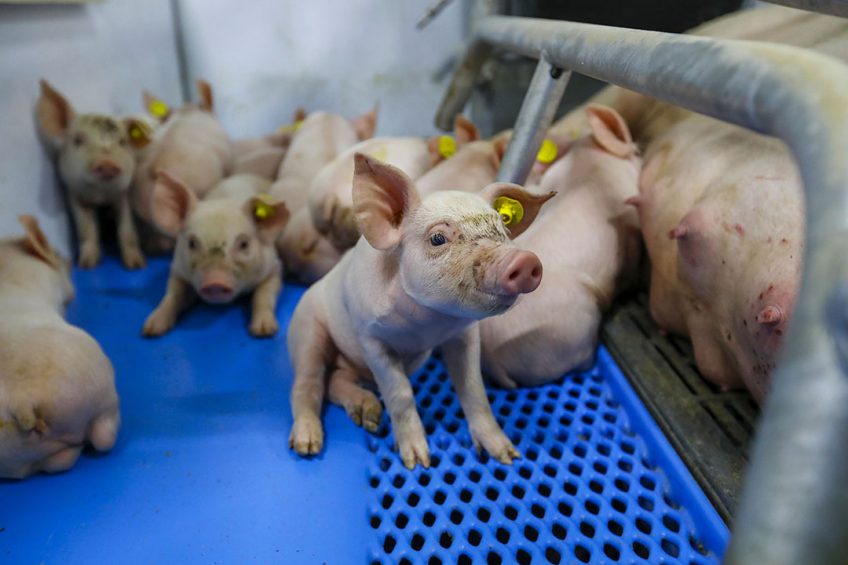
US researchers have concluded that direct and indirect transmission levels of a live influenza A virus vaccine in piglets are minimal for up to 6 days after vaccination.
The research was carried out by the University of Minnesota’s College of Veterinary Medicine in cooperation with Boehringer Ingelheim. Results of the trial were published this February in the peer-reviewed online platformPlos One.
Live attenuated influenza virus vaccine
The research revolved around a vaccine* that was recently admitted for use in pigs to the US market. The vaccine is based on a live attenuated influenza virus. As it is live, it means that there could theoretically be a chance that it could be replicated.
The researchers’ goal in the field study was therefore to assess the onset and duration of shedding of the virus vaccine, its ability to transmit to non-vaccinated pigs and whether the vaccine could be aerosolised and detected in the environment.
33 litters were selected
For the study, the team selected 33 litters of a 5,200 sow farm that had a history of influenza A virus infection. The farm vaccinates piglets for influenza A virus, using the vaccine at an age of 3-5 days of age. They left 12 litters unvaccinated and a subset of 3 piglets in vaccinated litters were also left unvaccinated to serve as sentinels. Next, the scientists sampled selected piglets from the litters multiple days post-vaccination by collecting nasal swabs and blood, and were tested.
The team also collected environmental specimens consisting of air and surface wipes. All of the 21 vaccinated litters tested positive for the live attenuated influenza virus from day 1 post-vaccination and until day 6 post-vaccination. In contrast, only 5 of the 33 non-vaccinated pigs tested positive during the course of the study. Viable live attenuated influenza virus was confirmed in vaccinated pigs by cell culture and whole genome sequencing. In addition, low levels of live attenuated influenza vaccine RNA were detected in all air specimens collected on the day of vaccination and until day 6 post-vaccination.
The researchers added that pigs had maternally derived antibodies reactive against the live attenuated influenza virus strains which may have influenced the degree of shedding observed.

More from Minnesota: Measuring the effectiveness of swine barn air filters
Shedding of the live attenuated virus was limited in time
The researchers concluded that, under the conditions of this study, shedding of the live attenuated influenza virus from vaccinated pigs was limited in time, resulted in minimal transmission to non-vaccinated pigs. It was detected in low levels in aerosols collected in the vaccinated rooms likely influenced by the presence of maternally derived antibodies against the live attenuated influenza virus strains.
* The trials revolved around Boehringer Ingelheim’s product Ingelvac Provenza. The research paper was authored by Gustavo Lopez Moreno, Jayaveeramuthu Nirmala, Marie Culhane and Montserrat Torremorell, University of Minnesota; and Christa Goodell, Boehringer Ingelheim.
 Beheer
Beheer

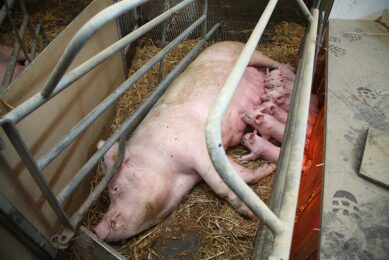
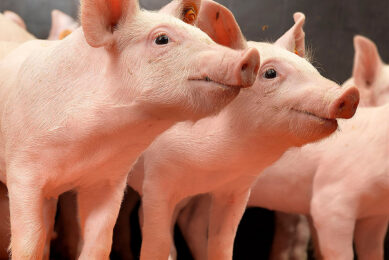
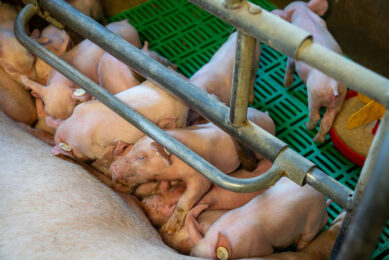
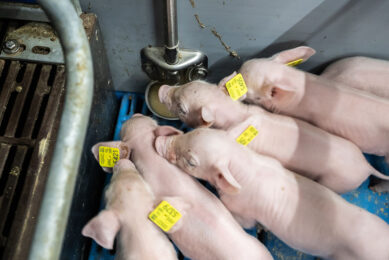



 WP Admin
WP Admin  Bewerk bericht
Bewerk bericht